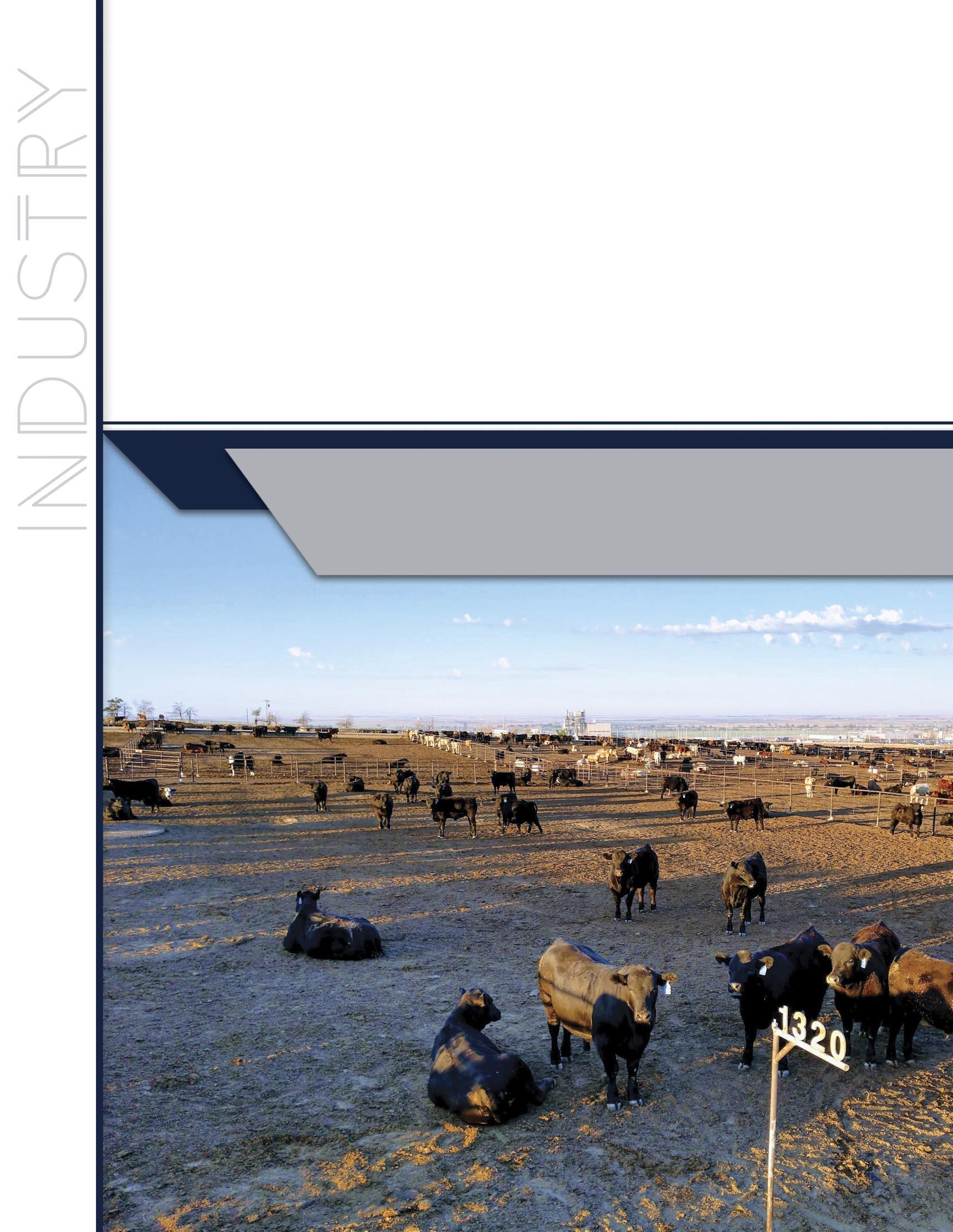
3 minute read
A Proactive Solution to Disruptive Changes
By Callahan Grund, U.S. CattleTrace
We are finally approaching the sense of normal that our world felt before 2020. Months of wearing masks and avoiding public gatherings have passed, and now that our communities and industries have started to convene, there is no doubt that many of us have just lived through the greatest disruption of our times. With shortages of toilet paper, an extreme price jump in beef prices and the loss of a labor workforce, we have seen unprecedented changes in the flow of our day-to-day lives.
To put it simply, we are more globally connected than ever before. What was once an issue or opportunity in a country thousands of miles away can now be at our doorsteps in a matter of days. If there is anything that the progression of the COVID-19 crisis has taught us, it is that our dependence on the “normal” we all are comfortable in can be drastically altered in a mere moment.
Disruption constantly comes to mind for me when we discuss the pandemic in our human population. It is also the word that comes to mind we start discussions on the impact that a foreign animal disease (FAD) could have on not only our nation’s herd, but more importantly, our food supply.
That normality we have yearned for the past year will now come to be something entirely different. For too long, the U.S. cattle industry has clung to normal, instead of using the disrupters we have faced to tackle challenges to our livelihoods in new and innovative ways. The romantic nature of the western culture that we live in and the cattle industry that we love has sometimes enthralled us to long for the past rather than innovate and improve for the future.
As of 2019, of the top 10 beef exporting countries in the world, the United States of America and India are the only countries that do not have a robust national disease traceability system. With India’s primary export being water buffalo, this leaves the U.S. as the lone high-quality beef exporting nation without an end-to-end, robust disease traceability system. In comparison to the technology industry, any time a progression is made, we take extreme measures to ensure the security and safety of this new technology. The U.S. currently produces the highest quality, best tasting beef product in the world. If a foreign animal disease were to hit our nation’s cattle industry, the disruption would be devastating to “the way we have always done things”.
Disruption can occur at anytime and anywhere in our lives. The potential risk that a foreign animal disease could have on our industry may cost an exponential amount and have long lasting effects, similar to what we are seeing now in our new “normal”. We at U.S. CattleTrace are producers, just like many of you. Our mission is to create and build a voluntary contact tracing system for the beef industry that can be utilized during a disease outbreak. We aim to work with producers just like yourselves to proactively build out a system that works and integrates with the “way things have always been done” in the beef industry, while still crafting a functional contact tracing tool for animal health officials in the time of a disease outbreak.
For more information on how to join U.S. CattleTrace, contact us at 785-456- 8472 or visit uscattletrace.org.
Callahan Grund serves as the executive director for U.S. CattleTrace. Grund previously worked in policy engagement, business development and animal disease traceability preparedness at the Kansas Department of Agriculture. Grund has also served as the Director of Producer Relations with Farm Strategy, LLC, an agricultural start-up business in the grains sector. Originally from Sharon Springs, Kansas, Grund grew up on a registered Gelbvieh, Balancer and Angus seedstock cow-calf operation and is still highly involved today. He and his wife, Emily, also run a small cattle herd of their own near Wamego, Kansas.










